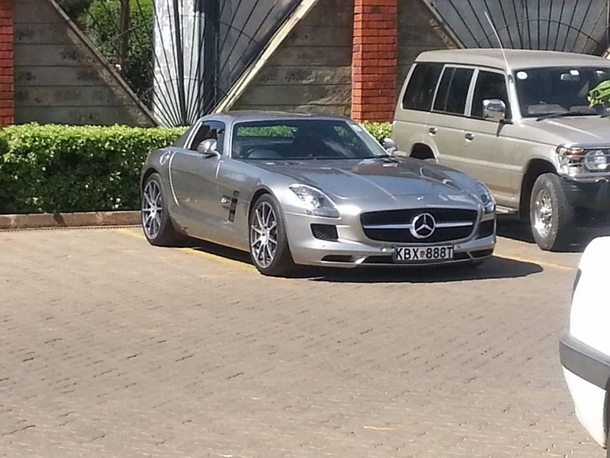Have you heard words like chotwe, bei ya mkate and hamsa in your bus stations?
Well, all those means 50 bob, while kidole moja means a 100 bob in the matatu industry.
Kevo, a tout at Zuri Sacco, told the Star he has used Sheng for six years. He understands the language so well and he says that has helped him.
He started as a ‘kamagera’, the touts who are stationed at a particular stage to help the main conductor fill the vehicle.
“Sometimes, Sheng helps us so much, especially when we want to hike the prices and we don’t want the passengers to understand,” he said.
The touts have a language that helps them communicate easily. When ‘kanjo’ (county government officials) are around, they have a way to communicate with each other.
“Kanjo tunawaita ‘majokare’, and the police officers we call them ma-rhinos,” he said.
Young men are called mabrathe, while the official, good-looking men are called ‘chairman’. “Hao ni wenye unaona wanakaa kuheshimiwa,” he said.
Setura is for the driver and the conductor. This is when the conductor wants to signal to the driver to drop a passenger.
Cheza kiwewe, or acha kujikuna ndevu, is when a conductor wants the driver to overtake or use a different route that has little traffic.
Kevin says even old drivers understand the Sheng words used by the conductors as they were once there. “Wengi wao wamezeekea kwa barabara, and so lazima wakue rada,” he said.
“We also have new matatus, which are called ‘nganya’, while the older ones are called ‘jiko’.”
Sheng words for money include ganji and mbexe, which means Sh200.
SOURCE: the-star.co.ke





![Here are some of the best tuned cars in kenya by state of the art garages [PHOTOS]](../../../blog/wp-content/uploads/2013/11/29402_10151301757042065_340470732_n-e1384498044289.jpg)


![Top 20 Used Cars to Avoid Buying in Kenya – [PHOTOS]](../../../blog/wp-content/uploads/2013/11/top-used-unreliable-cars-to-avoid2-100x70.jpg)



